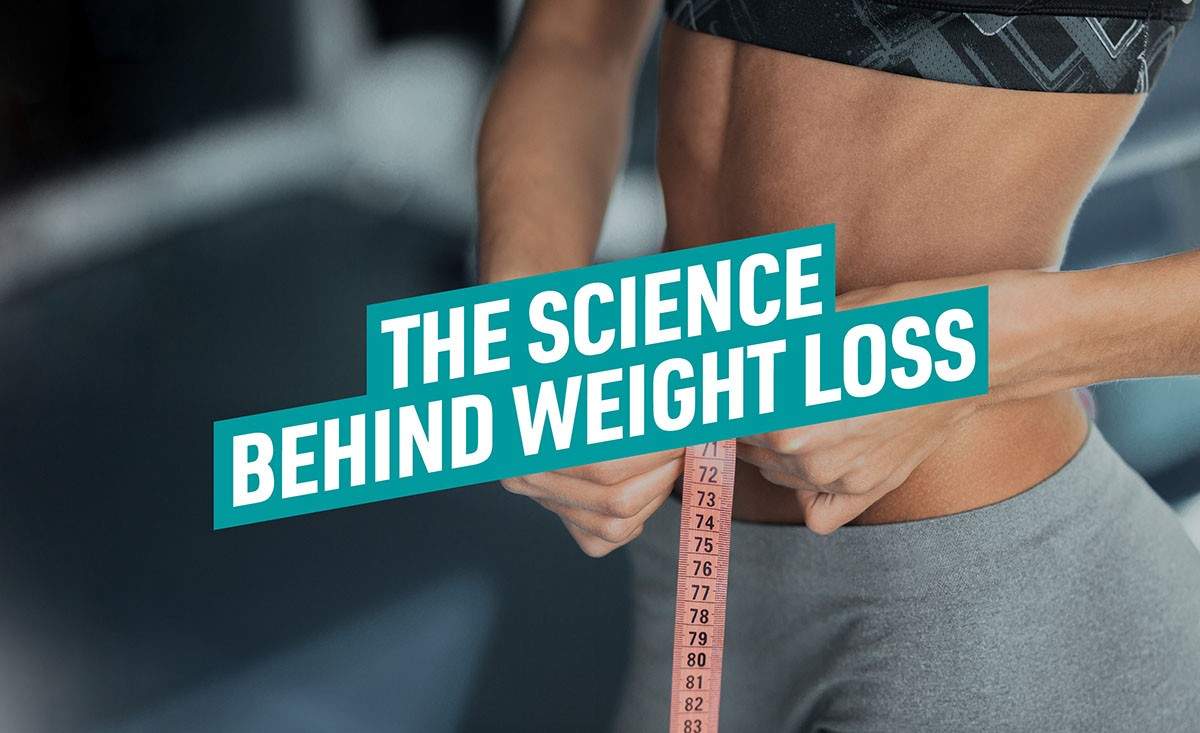The science behind weight loss
There is a lot of misinformation spread about how to lose weight, which can prevent people from reaching their goals. That is why we’re here to explain the science of weight loss, to help you understand what dietary and lifestyle habits you can adjust to lose weight, feel great and guarantee results.
First of all, it is important to understand the difference between weight loss and fat loss. Your body weight measures total mass (fat, water, bone, muscles and organs), whereas your body fat just isolates the amount of adipose and visceral fat. It’s important to understand this distinction, because body fat is the most accurate indicator and predictor of well-being and disease, whereas body weight and health are not always negatively correlated, meaning you can weigh more than average, but be healthier than average too.
Body fat is gained when you have a positive energy balance for a prolonged period of time, as explored in a study published by the Proceedings of the Nutrition Society in 2003. This essentially means that your energy intake is higher than your energy expenditure – you’re eating too much and you’re not moving enough. The extra calories consumed are stored as they are not needed for energy, they will be stored as triglycerides (fat) and glycogen (carbohydrates stored with water). Thus, any increases in body weight are as a result of excess calories and increases in water retention.
Research shows that individuals at a healthy weight must be able to maintain a zero energy balance, which means energy is equal to energy expended. If you are in a negative energy balance, you will lose body fat because your body will be metabolizing energy stores.
This has been shown in a study by Swinburn et al in which researchers assessed the change in calorie intake and average body weight from the 1970s to 2000. When comparing the change in average weight, the calculations equated almost exactly to the increased calorie intake, proving that calories matter, too much of them and you will gain weight rapidly.
So if you want to lose weight, here’s how you do it according to science:
Step one
Calculate your total daily energy expenditure (TDEE).
Your TDEE is comprised of:
- Basal metabolic rate (BMR) which is how many calories you burn at rest and it makes up the largest contributor (70 percent) to your TDEE
- Non-exercise activity thermogenesis (NEAT) which includes walking, hand gestures and any activity that is not exercise based, and makes up 25 percent of your TDEE
- The thermic effect of food (TEF) which is the calories burnt from digesting the food you have consumed throughout the day, accounting for 10 percent of your TDEE
- Exercise activity thermogenesis (EAT) which is the amount of calories burnt during exercise, accounting for only five percent of your TDEE
Step two
Calculate your TDEE minus 300 to 500 calories. The number you are left with is how much you should be eating daily to lose weight. These caloric targets will put you in an energy deficit, meaning your body is forced to break down fat stores for energy. This energy deficit must be created through food intake, but can be accelerated by increasing your energy expenditure through exercise too.
To ensure you are sticking to your calories, you can track what you eat to make sure you are not accidentally overeating. An 8 week weight loss trial found that dietary self-monitoring (macro tracking) was associated with increased weight loss than a control group. A systematic review that looked at 30 apps for tracking calories found that the apps helped to improve motivation, reduce stress and improve adherence to weight loss. So track what you eat if you want to lose weight!
It’s as easy as that! When it comes to losing weight, what you eat is not as important as how much you eat. Hypothetically you could lose weight eating only chocolate, as long as you were in a caloric deficit. But this would be extremely unhealthy and you would cause problematic metabolic changes! So stick to clean foods and your caloric targets and you will lose weight, guaranteed.
